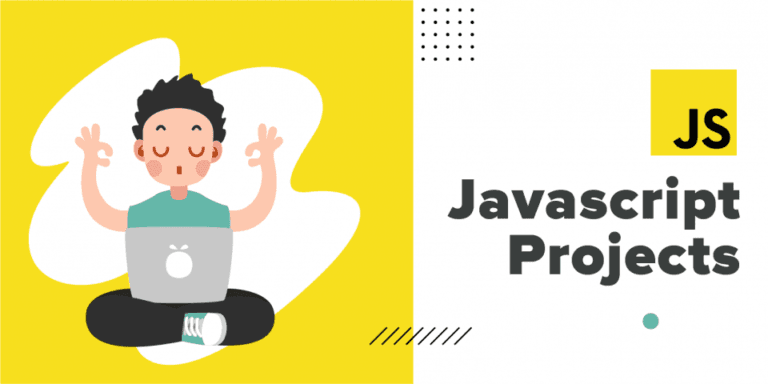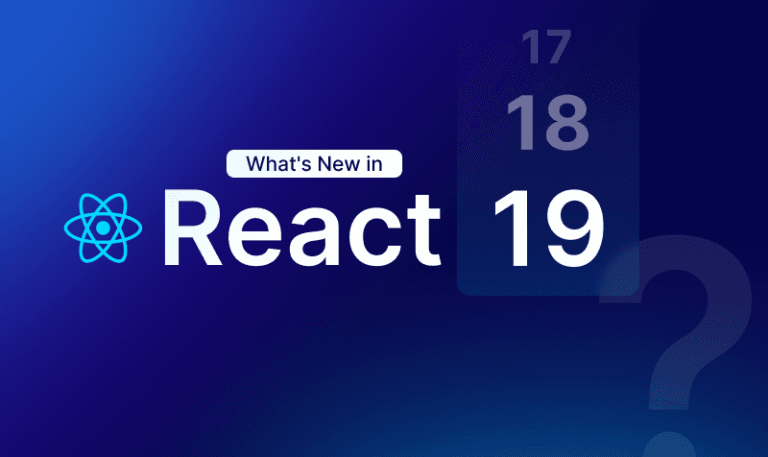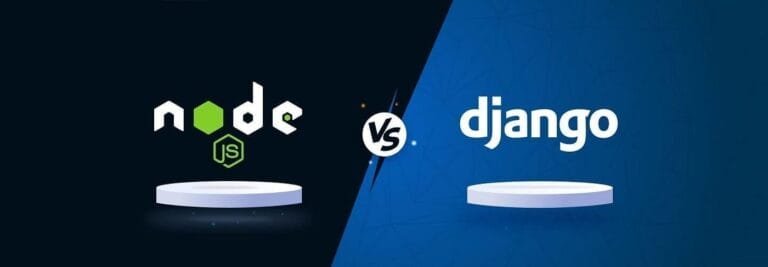Artificial Intelligence (AI) is revolutionizing industries, shaping the future of technology, and creating unprecedented opportunities for skilled professionals. If you’re planning to become an AI engineer, it’s essential to follow a clear AI roadmap that equips you with the right skills, knowledge, and tools to thrive in this ever-evolving field. This blog post provides a comprehensive AI engineer roadmap that outlines the steps, technologies, and resources you need to embark on your journey.
Table of Contents
Why Pursue a Career in AI?
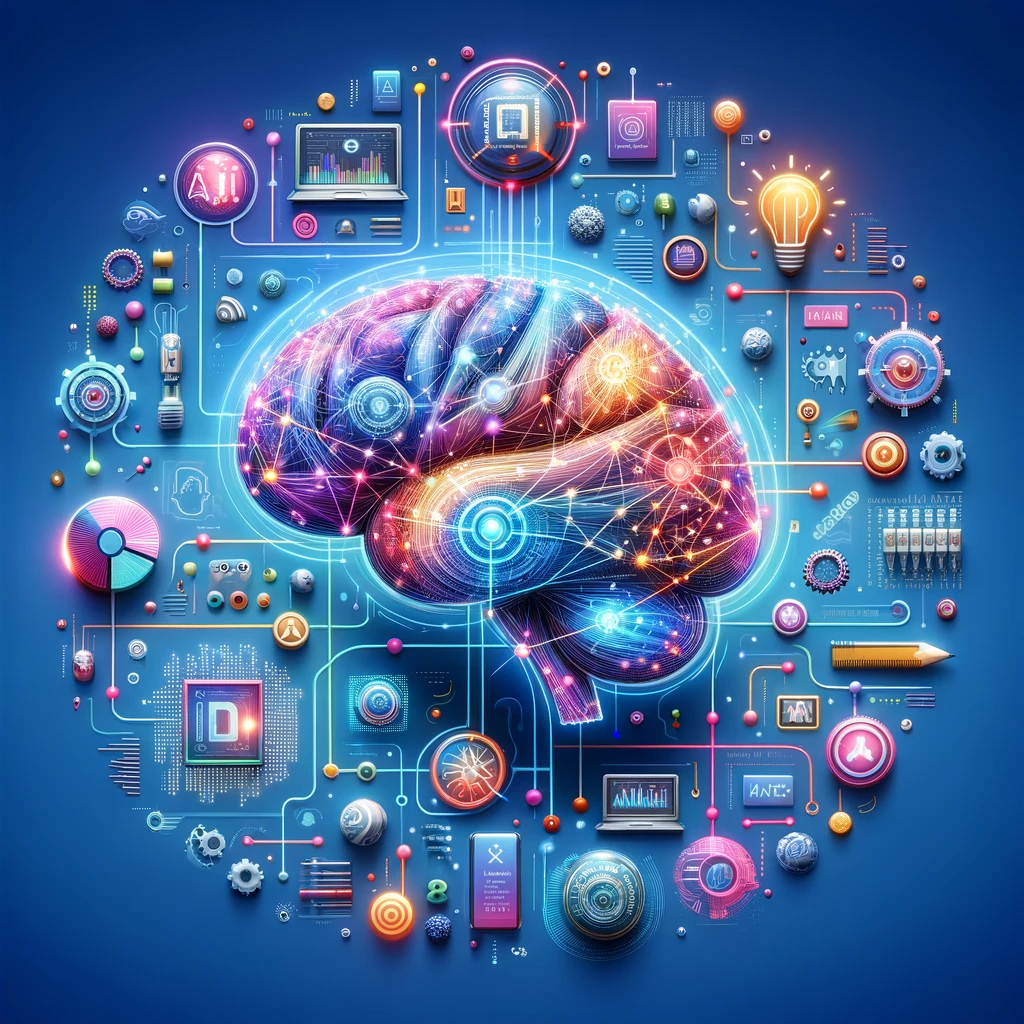
Before diving into the AI roadmap, let’s understand why AI is such a promising field:
High Demand
Companies across industries are investing in AI solutions, creating a strong demand for AI engineers. According to recent trends, the demand for AI engineering professionals is expected to grow significantly by 2025.
Lucrative Salaries
AI professionals enjoy competitive salaries due to their specialized skills. Following an AI engineer roadmap ensures you gain these high-value skills.
Cutting-Edge Innovations
AI engineers work on transformative technologies like machine learning, natural language processing, and computer vision, leading the charge in technological advancements.
Diverse Applications
AI is used in healthcare, finance, gaming, autonomous vehicles, and more. Understanding the AI roadmap can open doors to various industries.
The AI Engineer Roadmap
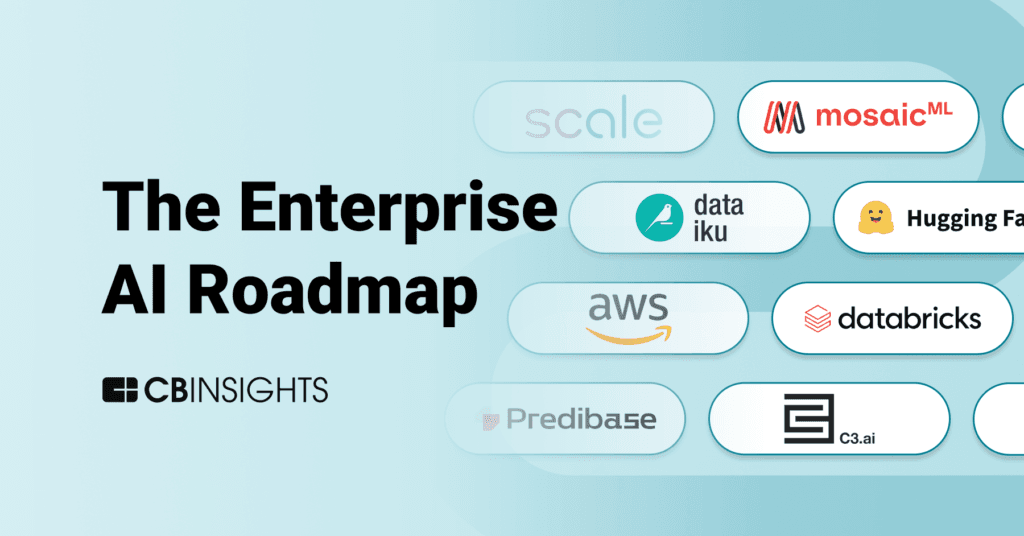
1. Understand the Basics of AI
Start by familiarizing yourself with the foundational concepts of AI. This will give you a clear understanding of what AI encompasses and its real-world applications.
Key Topics to Learn:
- What is AI?
- Machine Learning vs. Deep Learning
- Applications of AI in various industries
Resources:
- Books: “Artificial Intelligence: A Modern Approach” by Stuart Russell and Peter Norvig
- Online Courses: Introduction to AI by Coursera or Udemy
Understanding these basics is the first step in following the AI roadmap effectively.
2. Master the Prerequisite Skills
To build AI solutions, you need strong programming, mathematical, and analytical skills.
Programming Skills
Learn programming languages commonly used in AI:
- Python: The most popular language for AI, thanks to libraries like TensorFlow, PyTorch, and Scikit-learn.
- R: For statistical modeling and data analysis.
- JavaScript: Useful for AI applications in web development.
Example Code Snippet:
# Python example: Simple machine learning model
from sklearn.linear_model import LinearRegression
import numpy as np
# Data
X = np.array([[1], [2], [3]])
y = np.array([1, 2, 3])
# Model
model = LinearRegression()
model.fit(X, y)
print("Predicted value:", model.predict([[4]]))
Mathematics
AI engineers must understand:
- Linear Algebra: For matrix operations in ML algorithms.
- Probability and Statistics: To understand data distributions and model evaluations.
- Calculus: For optimizing neural networks.
Tools and Resources:
- Khan Academy: For math basics
- 3Blue1Brown (YouTube): Visualization of mathematical concepts
Mastering these prerequisites is a crucial part of the AI engineer roadmap.
3. Learn Data Handling and Preprocessing
Data is the foundation of AI. Learn how to collect, clean, and process data for training machine learning models.
Key Skills:
- Data collection from APIs or databases
- Data cleaning using tools like Pandas and NumPy
- Data visualization with Matplotlib or Seaborn
Efficient data handling is a vital step in your AI roadmap.
4. Understand Machine Learning (ML)

Machine Learning is a critical component of AI. Begin by learning the basics of supervised, unsupervised, and reinforcement learning.
Topics to Cover:
- Supervised Learning (Regression, Classification)
- Unsupervised Learning (Clustering, Dimensionality Reduction)
- Reinforcement Learning (Markov Decision Processes)
Tools:
- Scikit-learn: For simple ML models
- TensorFlow and PyTorch: For building deep learning models
Example Code Snippet:
# Training a basic classification model with Scikit-learn
from sklearn.datasets import load_iris
from sklearn.model_selection import train_test_split
from sklearn.ensemble import RandomForestClassifier
# Load data
iris = load_iris()
X, y = iris.data, iris.target
X_train, X_test, y_train, y_test = train_test_split(X, y, test_size=0.2)
# Train model
model = RandomForestClassifier()
model.fit(X_train, y_train)
print("Accuracy:", model.score(X_test, y_test))
5. Dive into Deep Learning (DL)
Deep learning mimics the human brain and is key to solving complex AI problems like image recognition and natural language processing.
Key Topics:
- Neural Networks
- Convolutional Neural Networks (CNNs) for image processing
- Recurrent Neural Networks (RNNs) for sequential data
- Transformers (e.g., GPT, BERT)
Tools:
- Keras: High-level API for TensorFlow
- PyTorch: For dynamic computation graphs
Deep learning expertise is a milestone in the AI engineer roadmap.
6. Work on Real-World Projects
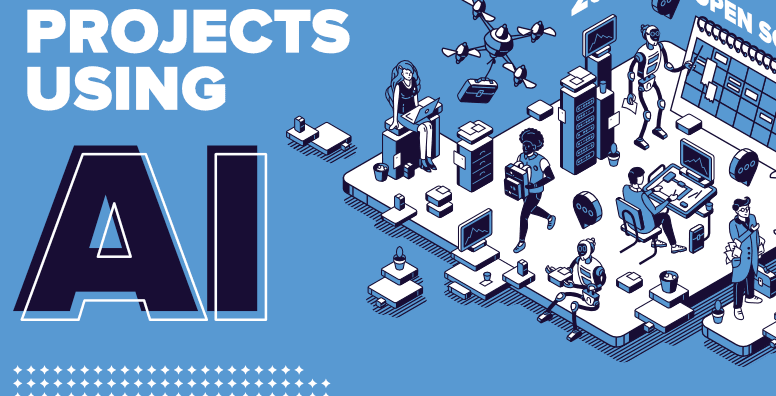
Building projects is the best way to gain practical experience and showcase your skills.
Example Projects:
- Sentiment analysis of tweets
- Image recognition app
- Chatbot using NLP
Practical projects are an essential part of the AI roadmap for beginners and professionals alike.
7. Stay Updated with AI Trends
AI is a rapidly evolving field. Stay updated on the latest trends and technologies.
Emerging Topics in 2025:
- Edge AI for on-device computation
- AI ethics and fairness
- Generative AI (e.g., ChatGPT)
Staying informed is critical to following the AI engineer roadmap and remaining competitive.
FAQs
What does an AI engineer do?
AI engineers design, develop, and deploy AI models and applications to solve real-world problems.
How long does it take to become an AI engineer?
Depending on your background, it may take 1–2 years of dedicated learning to become proficient in the AI roadmap.
What are the top AI tools for beginners?
Popular tools include TensorFlow, PyTorch, Scikit-learn, and Keras.
Conclusion
The path to becoming an AI engineer is challenging but rewarding. By following this AI engineer roadmap, you can systematically build the skills needed to excel in the field. Start with the basics, practice consistently, and stay updated on the latest trends to carve a successful career in AI. This AI roadmap ensures you stay on track and achieve your goals.
Are you ready to embark on your journey to becoming an AI engineer? Let us know your thoughts in the comments below!


